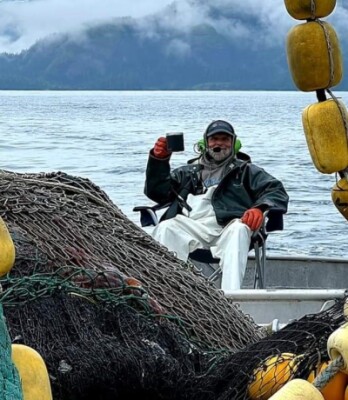Oysters, clams and scallops are going to cost a lot more at your favorite seafood market or restaurant, while fishing communities in southern New England, the Pacific Northwest, coastal Alaska and parts of Maine will likely take a big hit as shellfish start feeling the effects of rising ocean acidification, according to a new study by a team of marine scientists.
As climate-warming greenhouse gases are pumped into the earth’s atmosphere, the oceans are absorbing more carbon dioxide. This causes a chemical reaction that makes seawater more acidic, especially in colder regions. Higher levels of acidity are already destroying the larvae some species of shellfish.
“There’s not a lot of room for error,” said Mike Rice, professor of fisheries and aquaculture at the University of Rhode Island, who was not associated with the report. “The data seem to show the areas of biggest risk are the cooler water areas. Areas like Rhode Island and southern Massachusetts that have a fairly robust shellfish industry need to be worrying.”
The study’s authors reviewed data from multiple fields and published there findings today in the journal Nature Climate Change. It states that rising acidity has already cost the Oregon and Washington shellfish industries $110 million, and endangered 3,200 jobs. Those figures are likely to get worse in the coming decades, according to lead author Julia Ekstrom, director of the climate adaptation program at the University of California, Davis.
“We looked at all the coasts around the United States,” Ekstrom said. “There are more places vulnerable than we previously thought. “That said, every region has a unique set of factors that makes it vulnerable. Understanding what makes you vulnerable is useful to guide how you will adapt.”
Read the full story at Discovery News>>
Want to read more about ocean acidification? Click here...






